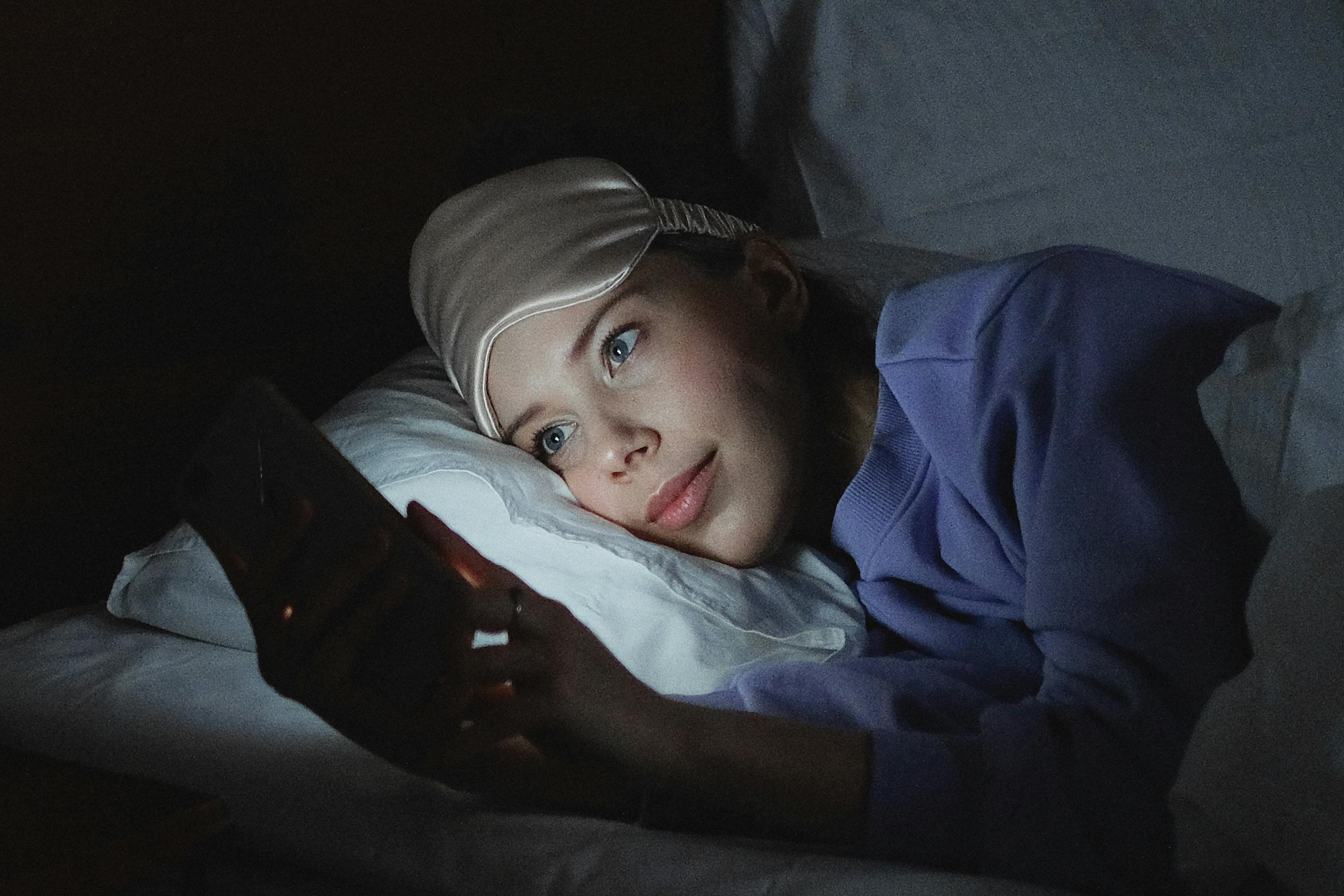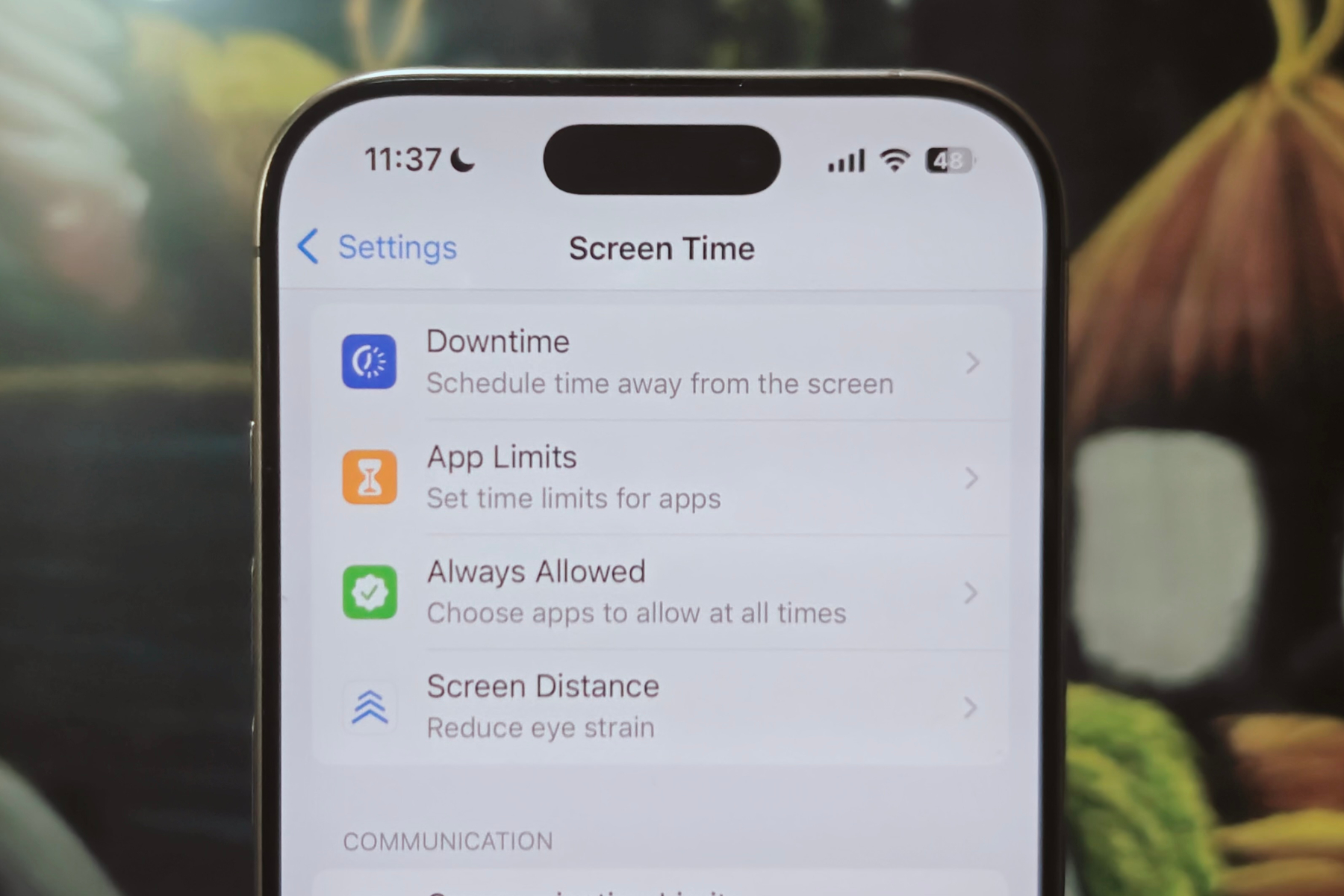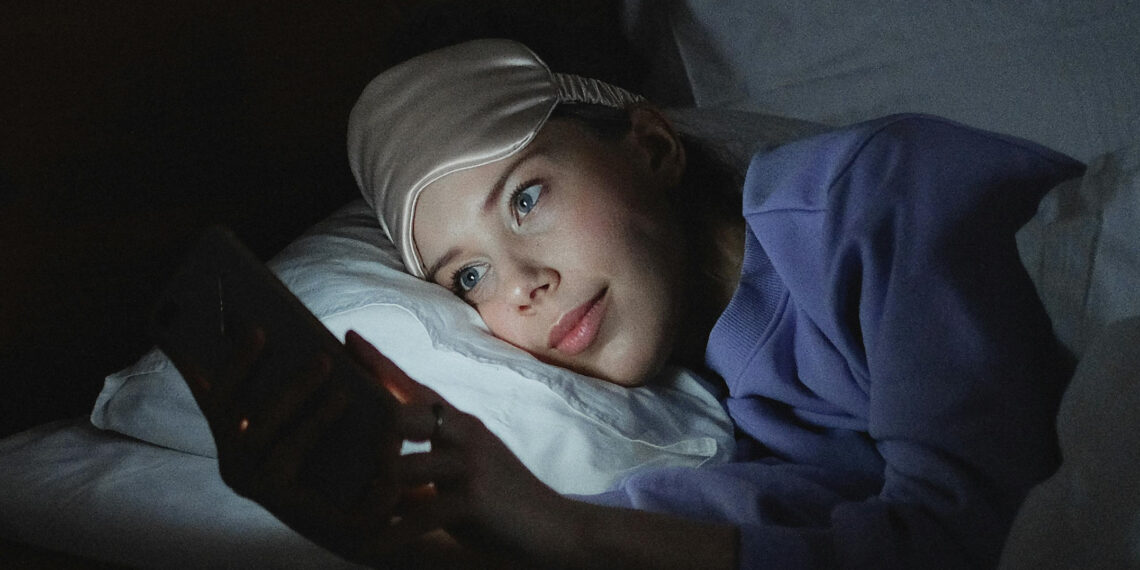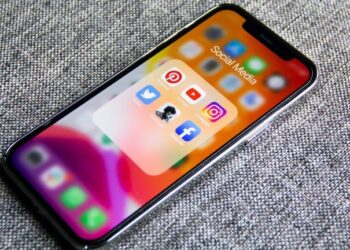Select Language:
We have gradually become used to using screens while lying in bed, despite our awareness of the potential physical and mental drawbacks. A recent study indicated that individuals who engage with electronic devices before sleep face a 33% higher rate of poor sleep quality.
Further research reveals that using screens in bed can elevate the chances of developing insomnia by an alarming 59% among young adults and teenagers. Additionally, this habit reduces sleep duration by 24 minutes. To add to the concern, each extra hour spent on screens correlates with a further increase in insomnia risk.
According to a study published in the journal Frontiers Psychiatry, “The results showed that increased screen time in bed correlates with a higher likelihood of reporting symptoms of insomnia and shorter sleep duration, whereby each additional hour of screen time was linked to a 63% increase in insomnia risk and 24 minutes less sleep.”
The research concentrated on over 45,000 students in Norway, examining the impact of their screen usage in bed on sleeping patterns. Participants provided information not just about their sleep and wake times but also how long it took them to fall asleep, any sleep-related challenges, daytime drowsiness, and the persistence of their sleep issues.

These aspects were integral in forming an insomnia profile. Insomnia is defined medically as “difficulty falling asleep or staying asleep, or frequently waking up.” The American Academy of Sleep Medicine states that approximately 12% of people in the U.S. suffer from chronic insomnia, while nearly a third of the population experiences temporary symptoms.
Social Media Is Not the Sole Culprit
Social media often receives criticism for its role in keeping us glued to screens, bombarding us with a relentless flow of algorithmically curated content. This leads to a cycle of endless scrolling that can consume hours without us realizing it. Moreover, the nature of social media content itself can have an especially troubling effect on children.

Experts assert that there’s no direct link between social media use and its influence on sleep quality. Data analyzed by specialists shows that social media has effects comparable to any other screen-related activities, such as gaming, streaming, or web surfing.
“Regardless of screen time, users who engaged solely with social media reported the lowest rates of insomnia symptoms and the longest sleep duration, while those participating in different screen activities experienced the poorest sleep,” the research states.
That said, it’s essential to note that social media apps generate the majority of notifications on smartphones. While they may not directly contribute to hours of content consumption, the alerts can disrupt sleep or distract the mind.




